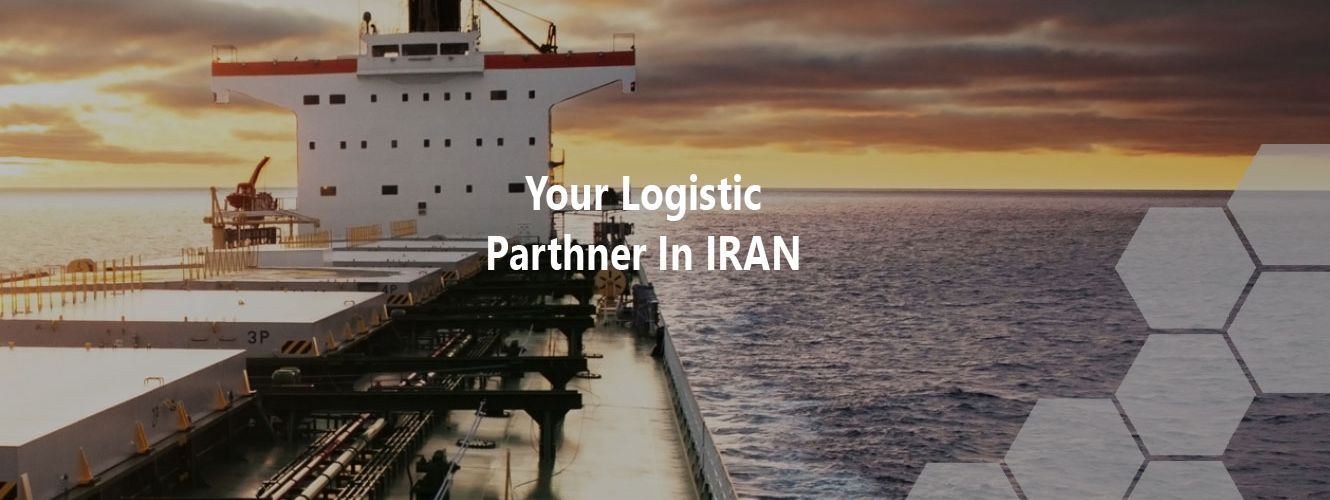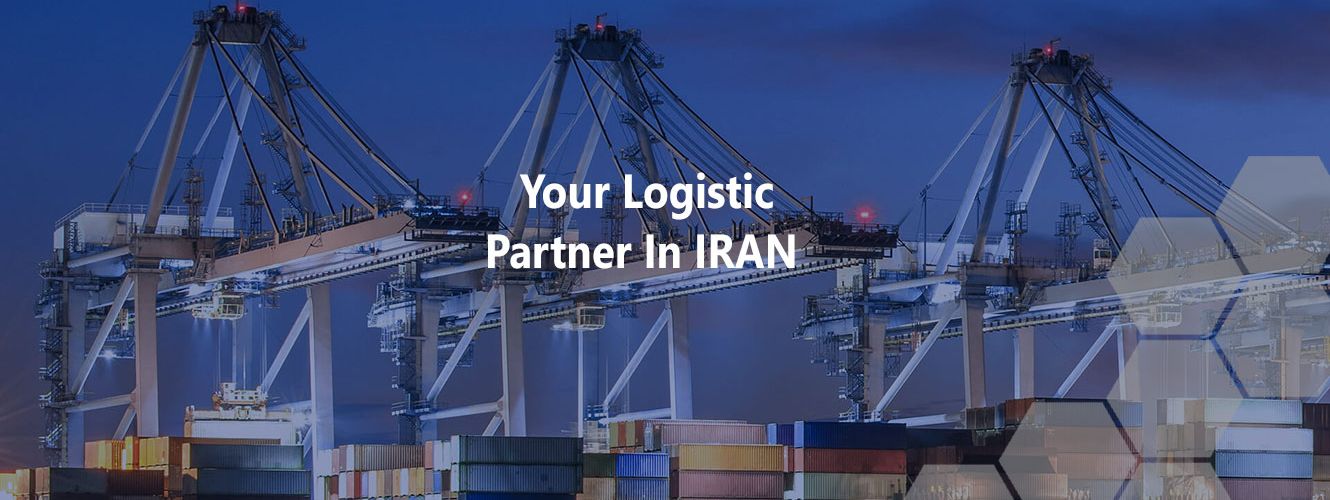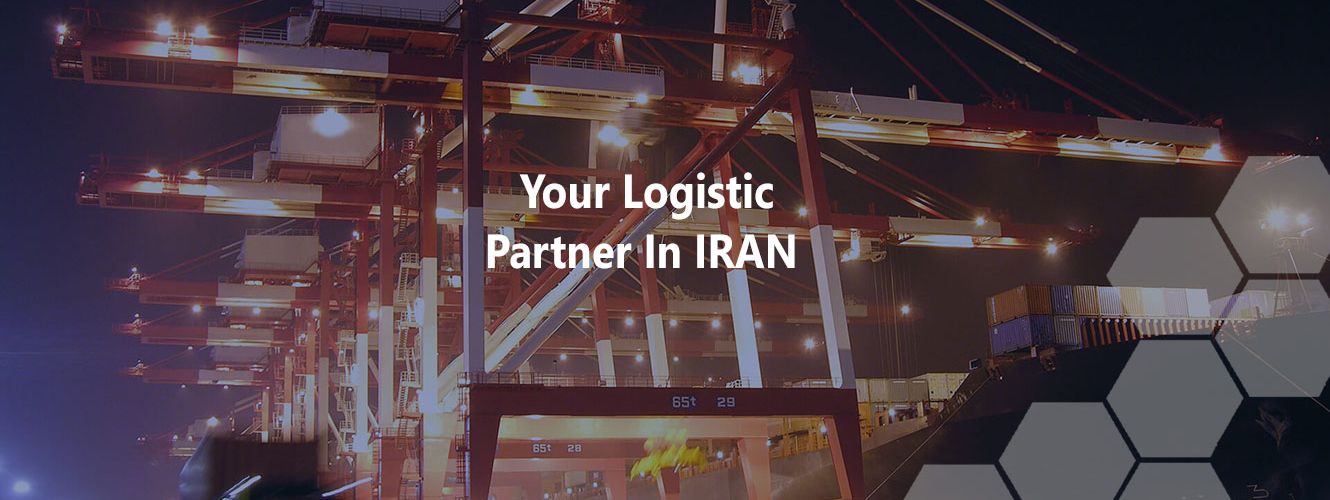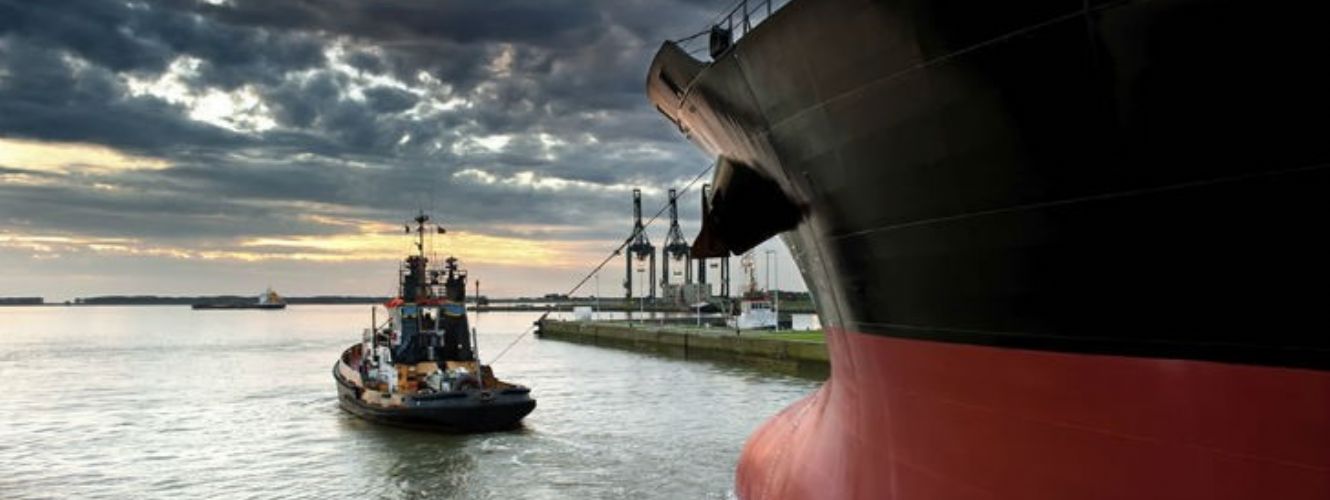LOSS PREVENTION
We believe that raising awareness of safety initiatives and targeting measures for loss prevention helps control the increasing costs of claims and contributes to the avoidance of such claims.
Our Loss Prevention team offer Management Reviews, Root Cause Analysis (RCA), Technical Seminars, and Publications to Members. To ensure ships standards are maintained to the highest level, the team also liaises with trusted surveyors to conduct Condition Surveys onboard.
CONDITION SURVEYS
The ship inspection programme remains the principal means by which the Managers review the quality of the tonnage entered in the Club and seek to ensure the maintenance of standards, with particular emphasis on safety of life at sea. Ship inspections are undertaken not only to assess the physical condition of the ships but also the degree to which shipboard management systems, in-port passage planning and so on, are in place. Inspections may be carried out prior to entry into the Club of a certain ship (what’s known as a pre-entry survey) or at any other time. Independent surveyors carry out all condition surveys and the Club uses the services of a limited number of survey companies in order to retain consistency in the content and quality of reports. Surveys are generally carried out based on the following criteria:
When ships over 12 years old are entered in the Club, either as a pre-entry or post-entry condition survey;
On entered ships over 10 year old where a heavy fuel oil declaration has been made;
Cargoes carried and trading patterns;
As a result of a port state control detention;
The Managers’ benchmark to survey at least one ship per member every three years;
Members’ claims records;
Previous survey experience
We have developed own pro-forma documentation that complies with the International Group (IG) scope of survey requirements. Survey forms and instructions to surveyors can be accessed on the Forms page of this website.
MANAGEMENT REVIEWS
The risk profile of an entered fleet is largely determined by the operating philosophy of the owner and or operator. Crew sourcing and training, ship maintenance and budgets, lines of communication and responsibility of the technical department within the organisation, amongst others, are all issues that significantly affect the safe operation of a fleet. They all are matters that, in a well-run shipping company, will be given priority by responsible senior management.
We estimate that between 60 and 80 per cent of all claims arise from human error. Whilst the unfortunate or careless seafarer is the most likely cause of an incident, the underlying cause can in many cases, be traced back up the line of responsibility, through the organisation, to inadequate procedures and practices. Conversely, good procedures, with clear lines of communication and control, will have a beneficial effect on board.
The purpose of the management review is to assess in a thorough yet non-intrusive way, the organisational issues that will have a direct bearing on the safe operation of ships and, thereby, on the successful relationship between the Member and the Club.
The management review entails a visit by members of our Loss Prevention team to the main operating office of the ship owner.
ROOT CAUSE ANALYSIS
The Club was concerned at the scarcity of experienced, well-trained officers, and the adverse impact this might be having on claims. This led the Club’s committee to agree to introduce an enhanced range of risk management activities. These include root cause analysis of claims and a programme of technical seminars.
Where a trend in claims, either across the Club or with a particular member, has been identified, a root cause analysis is conducted to find the underlying causes. The root cause investigations often call for visits to the relevant Member and possibly to their manning agents. The idea being to work with the Member towards identifying operational deficiencies and to implement corrective measures to help to avoid such causes in the future. Lessons learned from these analyses are then communicated by way of technical seminars and articles in Risk Watch to maximise the benefit of the process for all Members.
The risk managers also monitor claims which do not involve ships entered with the Club, but could provide information for the Membership. For example, the investigation report published by a relevant Port State Authority following a collision in restricted channels, waterways or in the vicinity of pilot stations. This will often contain recommendations that are relevant to the Club’s membership.
TECHNICAL SEMINARS
We launched a rolling programme of technical seminars in January 2009. Our risk managers have since made regular presentations in Taiwan, India and the Philippines. As major manning centres, we regularly revisit these countries and we have held further seminars in the People’s Republic of China, Indonesia and Northern Europe. The Managers aim to schedule seminars in those parts of the world from which Members source their crew. Risk assessment, communication and leadership are themes running through the presentations, which strive to improve the standard of crew competence. Topics covered have included anchoring and grounding, lifeboat accidents, entry into enclosed spaces, oily water separator and oil record books, ECDIS and bridge resource management. Additionally, risk managers continue to participate in Members’ own in-house officer seminars. The current schedule of Technical seminars can be found in the club diary.
PUBLICATIONS
We put together regular newsletters and bulletins for Members that seek to raise awareness of issues, which often come to our notice through the experience of Members themselves. Our quarterly publication Risk Watch, together with its Claims and Legal supplement, is the main vehicle for spreading technical information to our Members and those serving on board ships entered in the Club. In addition, the quarterly publication of Crew Watch (formerly known as Health Watch), is aimed directly at Members’ crew with practical advice of topical health and welfare issues.
USEFUL DOCUMENTS
Guidelines for Carrying DVB
Risk Watch
Crew Watch
Similar content
Pss|
Click on one of our representatives below to chat on WhatsApp





